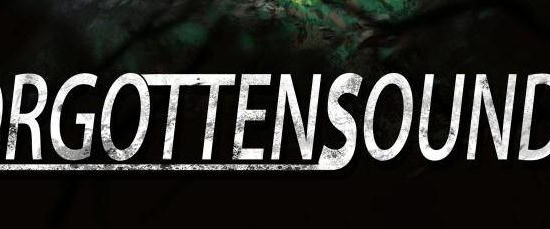
“Understanding of Computer Games” website (Fahme Bazi), which has officially started its activities in November 2020, is one of the steps taken by the National Computer Games Foundation in order to promote media literacy related to Computer games. Introducing an active consumption approach and providing a critical view of games’ content to the audience, The main mission of “Understanding of Computer Games (Fahme Bazi)” is to improve and promote "game literacy" among users, parents and teachers, away from the promoted manias which often only leads to the marketing interests. Let’s take a look at the topics considered by this website for the production of cultural content about games:
- The structure and nature of the game as a media text (the three layers of the game as media text): “Understanding of Computer Games (Fahme Bazi)” evaluates the game media in three different layers: the signal layer, the narrative and story layer, and the procedural layer (rules of the game). From “Understanding of Computer Games (Fahme Bazi)” point of view, the core of sense making in games should be found in the third layer (Conventions and rules which the gameplay is based on). However, the signal and narrative aspects of games (if there are stories and narrative elements in the game) are critically important to determine the appropriate age range for each game.
- Using the theoretical foundations of "Developmental Psychology" and "Personality Psychology" in game analysis: Considering the theoretical foundations used in designing of “ESRA” age classification system and combining it with the theoretical foundations of "Developmental Psychology" And "Personality Psychology", “Fahme Bazi” has developed a new exclusive method for evaluating the content of computer games. In this method, five age ranges of "three to seven years old (3-7)", "seven to twelve years old (7-12)", "twelve to fifteen years old (12-15)", "fifteen to eighteen years old (15-18)" and "over 18 years old" are suggested for dealing with different computer games.
- Focus on the analysis of the five areas of "user’s experience" of the computer game: to determine the appropriate age range for each game, in addition to the specific "epistemology" and "ontology" that unique world of each game establishes for their users, the degree of complexity "Usage norms" for carrying out the gameplay, the quality of arousing the user's "emotions and aesthetic perception" through the game’s world and the context of "pedagogy and socializing norms" that the user encounters during the experiencing gameplay are considered. Therefore, determining the proposed age range in “Fahme Bazi” is done according to the five mentioned areas of the user experience.
- Cultural evaluation of games by considering the appropriate age range for each game: “Fahme Bazi”, proportionate to each age range, considers a score from 1 to 5 as the result of cultural evaluation of each game. In this cultural evaluation, five criteria of "entertainment", "educational value", "aesthetic richness", "communicative effect" and "technical and practical richness" are measured.
The exclusive method of “Understanding of Computer Games (Fahme Bazi)” implement throughout a two-part questionnaire consisting of a total of 100 questions that inquiry the content of the games at all three levels: signal, narrative and procedural. The result of the first part of this questionnaire (the score that each game gets from the first 50 questions) determines the appropriate age range for each specific game, and the result of the second part of the questionnaire (the score that each game gets from the second 50 questions), determines status of how content of each game reinforce or debilitate 6 cultural-pedagogical indicators in users (1. Happiness and congregation 2. Helping and Cooperation 3. Being Moralistic 4. innovation and exploration 5. Courage and Tolerance 6. Responsibility)




